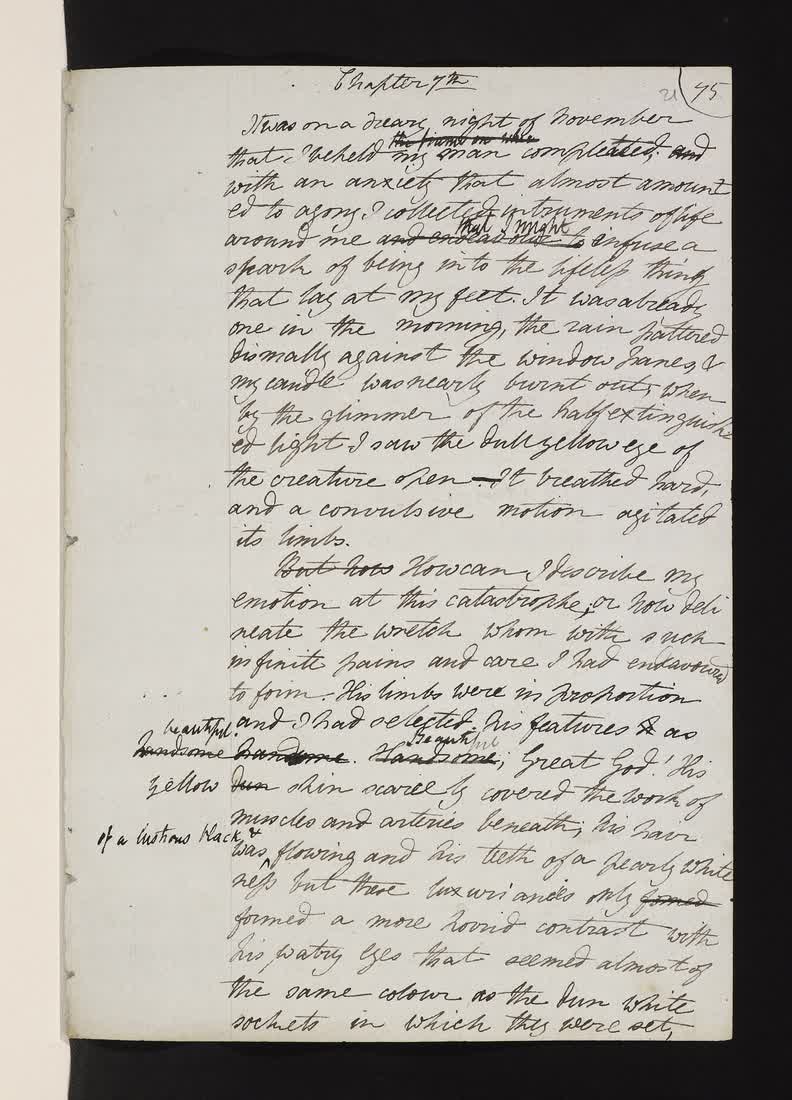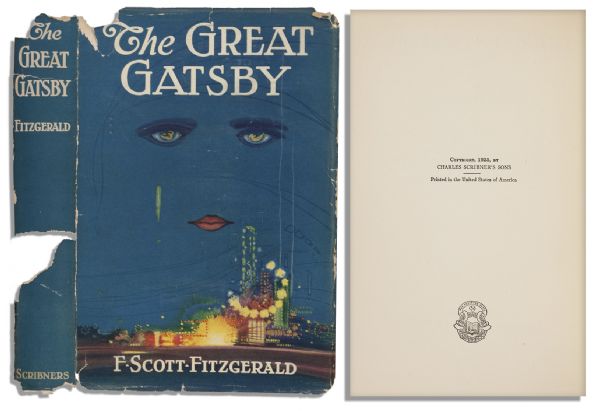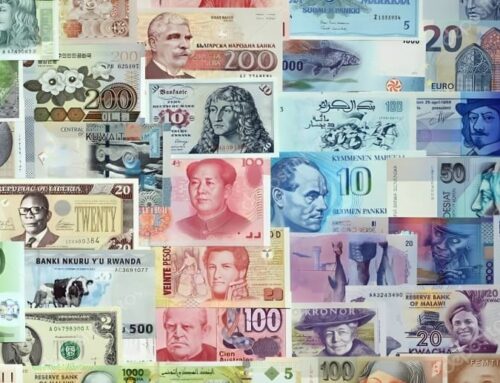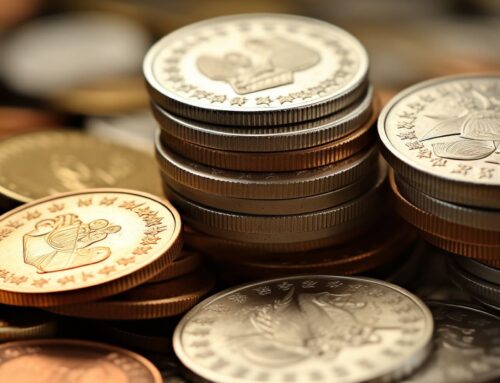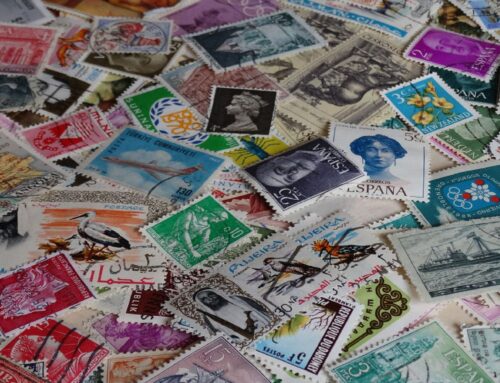Rare and Valuable Books: A Guide to Identifying Treasures
The World of Rare and Valuable Books
In a world filled with books, some stand out as true treasures. They are rare, valuable, and coveted by collectors and enthusiasts alike. In this comprehensive guide, we’ll embark on a journey through the captivating realm of rare and valuable books, unveiling the secrets to identifying these literary gems and understanding their significance.
1- What Makes a Book Rare and Valuable?
Defining Rarity and Value
Rare and valuable books possess a unique allure, but what exactly makes a book rare and valuable? Rarity and value are influenced by several factors, including scarcity, historical significance, and condition. Let’s explore these elements in detail.
Scarcity:
Scarcity plays a central role in a book’s rarity and value. A book may become scarce due to a limited initial print run, attrition over time, or because it was never widely distributed. Books that were once overlooked but have gained recognition can also become scarce as demand surges.
Historical Significance:
Books that have played a pivotal role in history, culture, or literature often command higher value. Works associated with significant events, influential authors, or social movements hold a special place in the world of rare books. For example, a book that was banned for its controversial content may gain historical significance and become highly collectible.
Condition:
The condition of a book is paramount. Collectors prioritize books in excellent condition, free from damage, foxing, or markings. Dust jackets, if present, should be well-preserved. Even a minor flaw can significantly impact a book’s value. For instance, a first edition book in pristine condition can fetch a substantially higher price compared to the same book in a worn state.
2- Types of Rare and Valuable Books
Exploring Different Categories
Rare and valuable books come in various forms and genres, each with its own set of characteristics that contribute to their desirability. Let’s categorize these treasures and shed light on their unique qualities.
First Editions: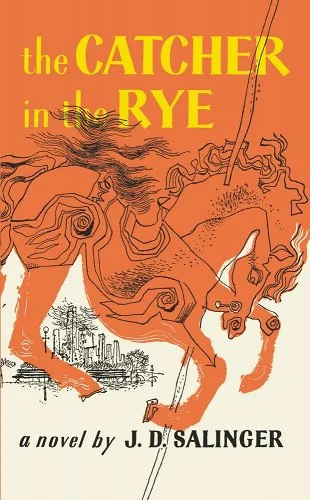
First editions are often highly sought after. They represent a book’s initial printing and may include edition points that distinguish them from subsequent printings. Identifying first editions is a critical skill for collectors. For example, the first edition of J.D. Salinger’s “The Catcher in the Rye“ with its iconic red cover can command a substantial price in the collector’s market.
Manuscripts:
Manuscripts are handwritten or typed documents, often by the author or a notable figure, and can provide unique insights into a book’s creation. Their scarcity and historical significance make them prized possessions. The manuscript of Mary Shelley’s “Frankenstein” is a notable example of a manuscript with enduring historical value.
Incunabula:
Incunabula are books printed before 1501, during the infancy of printing technology. Their historical importance and limited numbers make them exceptionally valuable to collectors. Gutenberg’s Bible, printed in the mid-15th century, is a famous example of incunabula.
Limited Editions:
Limited editions are highly coveted by collectors due to their exclusivity. These editions are often produced in small quantities, adding to their allure. Here’s how to recognize and appreciate limited edition books:
Numbered Copies:
Limited editions are typically numbered to indicate their place within the print run. Lower numbers are considered more desirable.
Signed Editions:
Books signed by the author or illustrator carry added value. The presence of an authentic signature can significantly increase a book’s worth.
Special Bindings:
Limited editions often feature unique and high-quality bindings, sometimes with elaborate designs or materials not found in regular editions. For example, a limited edition of “Alice’s Adventures in Wonderland” may feature an intricately designed cover and slipcase.
3- Identifying First Editions
The First Printings
First editions hold a special place in the hearts of collectors. They represent a book’s initial journey into the world. To identify first editions, you need to understand edition points, which are specific characteristics that distinguish first editions from later printings.
Edition Points:
Edition points may include the presence of a specific copyright date on the title page, a “first edition” or “first printing” statement, matching publication dates on the title page and copyright page, the absence of later printing statements, and specific dust jacket design elements. For example, a first edition of F. Scott Fitzgerald’s “The Great Gatsby” may feature the Scribner’s seal on the copyright page and lack any mention of subsequent printings.
Author Signatures:
Compare the signature in the book with known authentic examples. Seek expert opinions when in doubt. A forged signature can significantly devalue a rare book.
Illustrator or Artist Signatures:
Verify the signature against known examples or consult experts in the field. For instance, an illustrated limited edition of a classic novel may feature the illustrator’s signature on the title page.
Inscriptions:
Inscriptions from the author or notable figures can provide historical context and increase a book’s desirability. Be cautious when assessing inscriptions, as their authenticity is crucial.
4- Appraisal and Valuation
Putting a Price on Treasure
Appraising and evaluating rare and valuable books require a nuanced understanding of market dynamics and book collecting. Consider the following when determining a book’s value:
Market Trends:
Stay informed about current trends in book collecting. Some genres or authors may experience surges in demand, affecting prices. For instance, the popularity of classic science fiction novels by authors like Isaac Asimov has led to increased demand for first editions of their works.
Expert Appraisers:
Seek the expertise of professional appraisers, especially for high-value items. They can provide accurate valuations based on market conditions and book-specific factors. Appraisers often have access to extensive databases and historical sales records, aiding in their valuation process.
Comparable Sales:
Research recent sales of similar books to gauge their market value. Auction records and online marketplaces can be valuable sources of information. For instance, if you have a rare children’s book, you can check recent auction results for comparable titles to estimate its value.
Condition:
The book’s condition remains a crucial factor in determining its value. Books in excellent condition command higher prices. A well-preserved dust jacket, absence of foxing or staining, and a sturdy binding contribute positively to a book’s valuation.
5- Caring for Your Collection
Preservation Tips
Maintaining the condition of your rare books is essential to preserving their value and historical significance. Here are some tips for caring for your collection:
Storage:
Store books in a controlled environment with stable temperature and humidity levels. Use archival-quality materials for shelving and storage. Additionally, consider investing in custom-made bookshelves that provide adequate support and protection.
Handling:
Handle rare books with clean, dry hands to prevent smudging or staining. Avoid excessive touching of pages or bindings. It’s advisable to use cotton or nitrile gloves when handling books with delicate paper or bindings.
Dust Jackets:
If your rare book has a dust jacket, consider using protective covers to prevent damage. These covers are made of archival-quality materials and are designed to shield dust jackets from wear and tear.
Conservation:
Consult a professional conservator if your book requires restoration or conservation work. Improper repairs can devalue a book. Professional conservators have the expertise to repair and restore rare books while preserving their authenticity.
6- Where to Find Rare and Valuable Books
Hunting for Treasures
Acquiring rare and valuable books can be an exciting adventure. Here are some avenues to explore:
Rare Bookstores:
Specialized rare bookstores often carry a curated selection of collectible books. Building relationships with knowledgeable booksellers can be invaluable. Some rare bookstores also offer online catalogs, allowing collectors to browse and purchase books remotely.
Auctions:
Auction houses like Christie’s, Sotheby’s, and Heritage Auctions regularly feature rare books and manuscripts. Participate in book auctions to discover unique treasures. Keep in mind that auctions may include both physical and online bidding options.
Online Marketplaces:
Online platforms like eBay, Amazon, AbeBooks, and specialized rare book websites offer access to a wide range of collectible books. It’s essential to research the seller’s reputation and ask for additional details and images before making a purchase.
Antique Fairs:
Antique fairs and book fairs can be treasure troves for collectors. Attend these events to meet sellers and explore rare book offerings. Additionally, antique fairs often provide opportunities to network with other collectors and experts in the field.
7- Resources for Book Collectors
Tools of the Trade
To navigate the world of rare books effectively, collectors rely on a range of resources. Here are some essential tools of the trade:
Reference Books:
Invest in comprehensive reference books that provide detailed information about authors, editions, and book values. Reference books such as “Points of Issue” and “Bibliographies” can be invaluable for collectors.
Online Databases:
Access online databases and catalogs that list rare books, their descriptions, and historical details. Websites like the Rare Book Hub and the Antiquarian Booksellers’ Association of America (ABAA) provide access to extensive databases.
Collector Societies:
Join collector societies and clubs related to your specific interests. They provide valuable networking opportunities and resources. Collector societies often host events, conferences, and discussions that deepen your understanding of rare books.
Expert Appraisers:
Establish connections with expert appraisers and professionals who can offer guidance and assessments. Experienced appraisers have a deep knowledge of market trends and can provide accurate valuations.
8- The Future of Rare and Valuable Books
A Changing Landscape
As technology advances and collecting trends evolve, the world of rare and valuable books is not static. Here’s a glimpse of what the future may hold:
Digital Collectibles:
The emergence of digital collectibles and blockchain technology may introduce new ways of collecting and verifying rare digital books and manuscripts. Collectors will need to adapt to new formats and methods of authentication.
Online Communities:
Online communities and forums will continue to play a significant role in connecting collectors, sharing insights, and discussing book-related topics. These virtual spaces facilitate knowledge exchange and foster a sense of community among collectors worldwide.
Preservation Efforts:
Preservation efforts will become increasingly critical as collectors and institutions work to safeguard rare books for future generations. Technological advancements in conservation techniques will contribute to preserving books’ condition and historical significance.
Conclusion
The Eternal Appeal of Rare and Valuable Books
In conclusion, rare and valuable books are more than just objects; they are windows into history, culture, and the human experience. Whether you’re a seasoned collector or a novice, the journey of identifying and cherishing these treasures is a rewarding adventure that offers insights into the past and the timeless love of literature.
To learn more about the joys of building your own library and the benefits of book collecting, don’t miss our article: ‘Why Books Collecting is More Than Just a Hobby: Exploring the Benefits and Joys of Building Your Own Library.’ It’s a must-read for all book enthusiasts.
FAQs (Frequently Asked Questions)
Q1: Are all first editions valuable?
A1: Not necessarily. The value of a first edition depends on factors like the author’s popularity, the book’s condition, and its historical significance. Some first editions are highly valuable, while others may have limited value.
Q2: How can I authenticate an author’s signature in a rare book?
A2: Authenticating signatures can be complex. Seek expert opinions or compare the signature to known authentic examples. Consulting a handwriting expert or utilizing signature authentication services can provide reliable results.
Q3: What are some valuable modern books to collect?
A3: Valuable modern books can include first editions of well-known contemporary authors, limited editions, and books with cultural or historical significance. Books by Nobel laureates or those with movie adaptations can also be of interest to collectors.
Q4: Can I insure my rare book collection?
A4: Yes, you can insure your rare book collection through specialized insurance policies that cover collectibles and valuable items. Ensure that you have proper documentation, such as appraisals and photographs, to facilitate the insurance process.
RECENT POSTS
History of Baseball
History of Baseball: From Its Origins to Modern TimesBaseball is one of the most popular sports in the United States, with millions of fans tuning in to watch games each year. The sport has a [...]
Hunting Falconry
History of Hunting Falconry: An Overview of Falconry's Evolution and Significance Are you interested in learning about the ancient practice of hunting with trained birds of prey? Falconry has been practiced for thousands of [...]
Hunting Destinations in 2024
Hunting Destinations in 2024: Top Picks for Avid Hunters Are you looking for exciting hunting destinations to explore in 2024? Whether you're a seasoned hunter or just starting, there are plenty of options available [...]
History of hunting dogs
Explore the History and Significance of Hunting Dogs: A Comprehensive Guide If you're a hunting enthusiast, then you know the importance of having a reliable hunting dog by your side. Hunting dogs have been [...]
Hunting as a Hobby
Hunting as a Hobby: An Overview Hunting is a popular outdoor activity enjoyed by millions of people worldwide. While some hunt for food, others do it as a hobby. Hunting as a hobby can [...]


